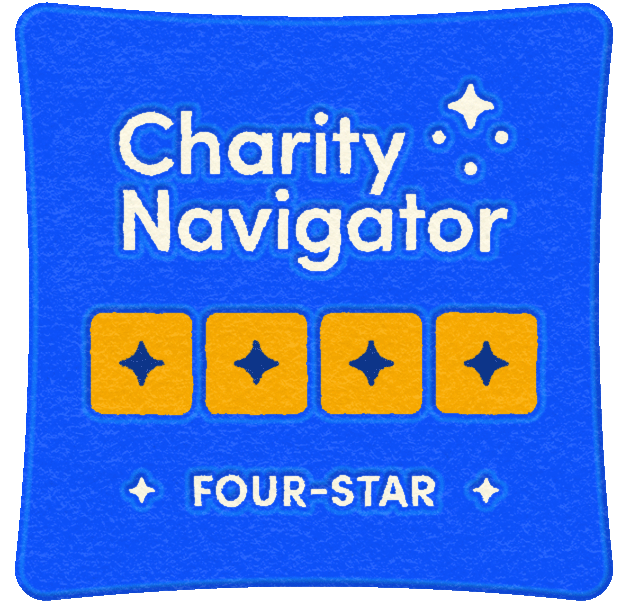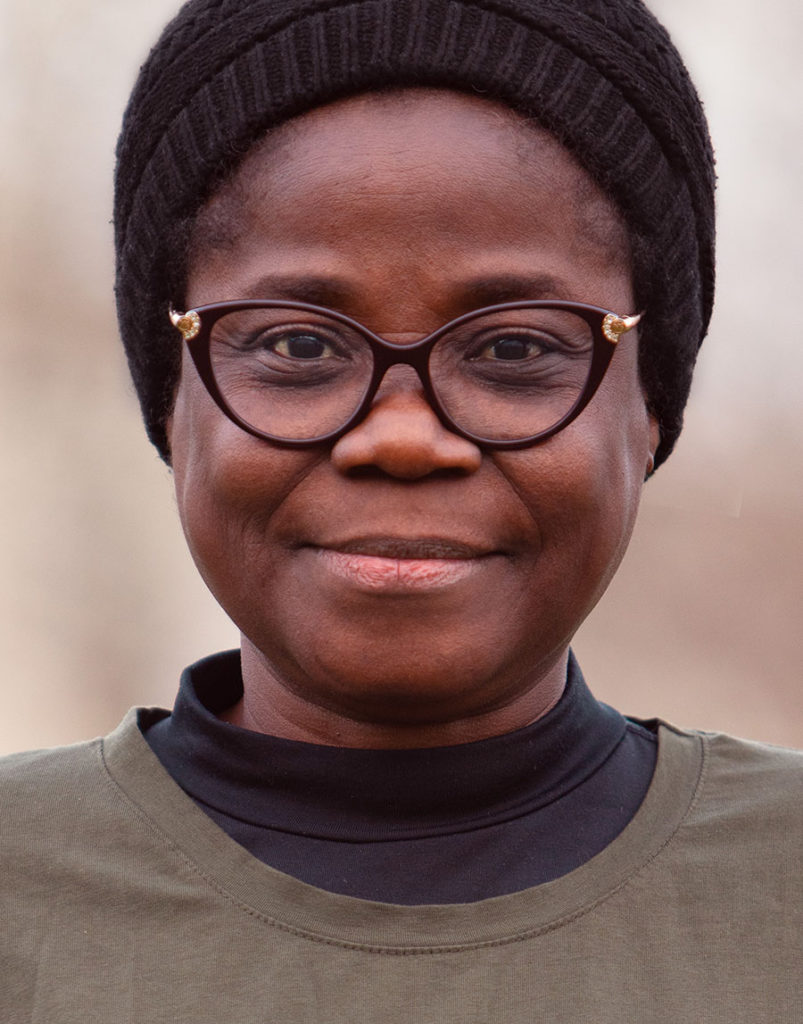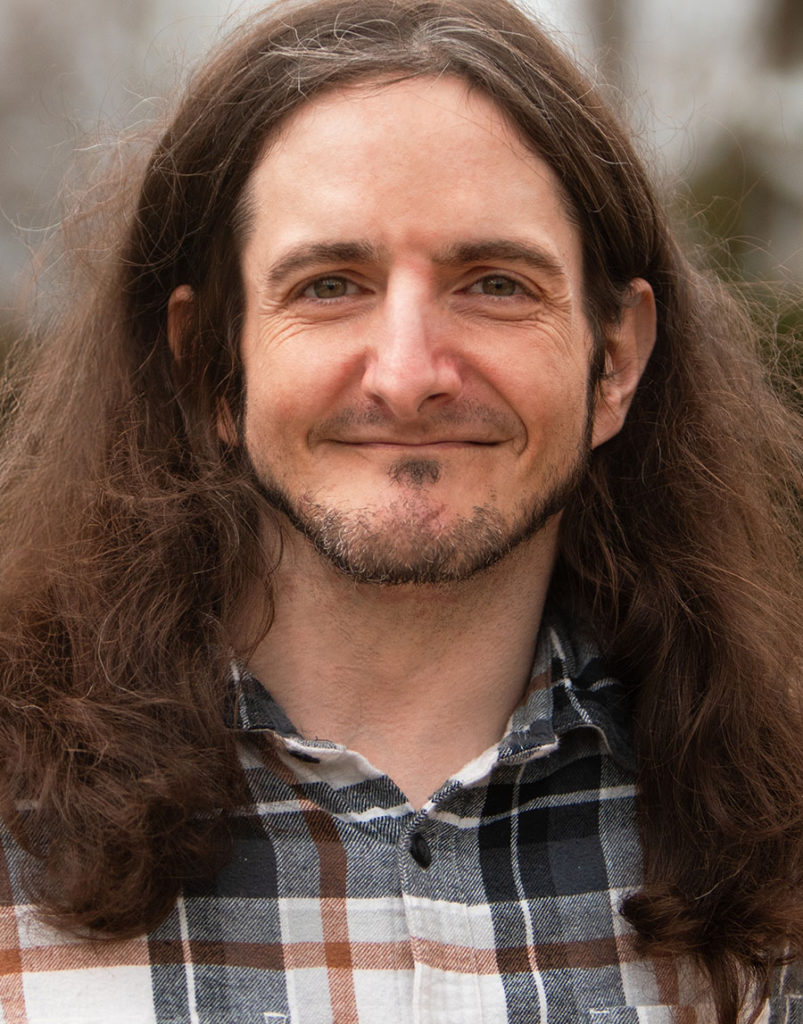Erase medical debt for pennies on the dollar
Every $10 donated relieves $1,000 on average of undue medical debt for families in financial need.
Together we’ve relieved
But there’s still a long way to go.
Let’s work together to fix America’s broken healthcare finance system

Policy Makers
Learn about our policy approach to system-wide improvements.

Healthcare Providers
Hospitals and providers can make a difference in patients’ lives.

Government Partners
We partner with local & state governments to relieve medical debt.
Medical Debt is a failure of policies and systems — not people.
We use an innovative model to tackle a national healthcare crisis so anyone can seek healthcare without fear.

Undue Rated 4 Stars on Charity Navigator
Undue has been named a four-star charity for exceptional accountability, culture, community, leadership and adaptability.
We’re changing lives with every debt undone.
Read more about our debt relief recipients and their stories, which constantly inform our work and policy goals.
Hard Choices & Chronic Conditions
A mother and grandmother with a rare heart condition struggles to choose between hospital bills and basic necessities.
”I was unable to [pay for care], and I felt like I was letting people down. It’s a relief to know that the hospital received something for their services.”
— Betty, Georgia

Required Recurring Care
A mother who helps children with special healthcare needs access adequate care struggles with finding care for her own family.
“I hope the program can grow and help more people. It’s so needed. I would love to think optimistically, that we’re going to improve the medical care system in the United States”
— Amber, Ohio

Losing Hope
Chronic kidney stones deplete a young mother’s savings and lead to expensive ER trips.
“I just started accumulating medical debt. I had this story in my head that I would never be able to pay it so I should just lay down and accept it.”
— Sheila, Utah

A fresh start
Stress from caring for a child with a chronic condition takes an physical and emotional toll.
“After receiving the letter and finding out my debt was abolished; it was such a sign of relief. The weight on my shoulders just lifted off. It felt like it was an opportunity to move forward.”
— Alex, Texas

News + Updates
Research
New Research from Undue
Navigating the Maze of Health Care Finances explores the perspective of revenue cycle management.
News Feature
CBS Sunday Morning
“A unique charity is starting to make a dent in all that [medical] debt.”

News Feature
NPR on Undue Medical Debt
This group’s wiped out $6.7 billion in medical debt, and it’s just getting started.

Make a difference with your donation
Every month thousands of people receive debt relief letters out of the blue for bills they thought would never be paid off. Change someone’s life today.








